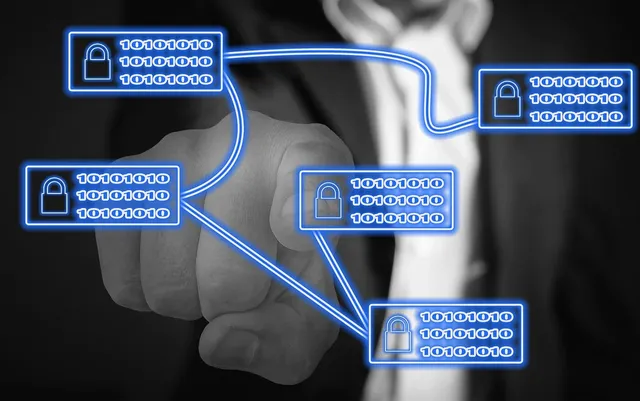Smart contracts have revolutionized the blockchain world-especially on the Ethereum network. So what exactly are smart contracts & how do they work?
I explain the concept of smart contracts, their role on Ethereum, & why they are revolutionary for digital transactions and applications in the post below.
.jpg)
What Are Smart Contracts?
In other words, a smart contract is an autonomous or self-executing contract where the terms of the agreement are vaey directly written into these lines of code. Therefore, one can consider it as digital agreements that self-execute themselves automatically on specific conditions.
They are not like the usual contract in that, unlike the latter, they do not rely on legal practitioners or banks to enforce some terms, but they work on a decentralized blockchain network, building trust and transparency without the help of a middleman.
Smart contracts on Ethereum are created in the programming language known as Solidity. Contracts will be found and even executed on the EVM, an international, decentralized computer, which executes these transactions.

As a result of the sheer number of numerous nodes that have been widely dispersed throughout the world, it is all but impossible & to alter or manipulate the contract once it has gone live.
- Smart contracts are self-executing agreements coded on the Etherum blockchain.
- They remove the need for intermediaries & provide a trustless, transparent solution.
How Do Smart Contracts Work?
For simplicity, I'm breaking this down into simple steps so one can fully understand how smart contracts work. So basically, I write the code using Solidity in order to develop a smart contract in Ethereum.
This code describes, in a nutshell, what are the conditions, actions, and outcomes? As soon as the code is written and verified, I deploy that contract in the Ethereum network.
Now, once deployed, the contract just sits there on the blockchain waiting for conditions set out for it to activate. Best example probably would be crowdfunding. Now let me take an example that I have a smart contract for my crowdfunding campaign.
The smart contract can condition itself to allow the release of funds only to the creator of the project, and only if enough money is raised by a certain amount up to a certain date. Thus, at that time, the contract automatically releases the funds.
If it fails, it pays back the contributors without incurring any interference from third parties.

This is all made possible through the EVM as it processes the contract's code over a decentralized network of nodes.
Every node checks the conditions within the contract and ensures that the results from the contract are correctly executed. Decentralized execution is, in fact, what makes this type of smart contracts so secure and reliable.
However, the hard spot is that once they are on the blockchain, they cannot be changed. If there is a bug or an error in the code,, it may cause problems, like when this ugly happened with the infamous DAO hack in 20k6.
Benefits and Limitations of Smart Contracts
Smart contracts have several benefits associated with them as well as drawbacks. Among the big pros for smart contracts is its efficiency: transactions are faster and cheaper because they eliminate intermediaries.
Also, they are transparent, as each transaction is recorded on the public Ethereum blockchain, meaning that any person can verify the execution of the contract and its outcome.
However, there are problems as well. Smart contracts depend on good code. That is to say, if there is a bug or a vulnerability, it can be exploited. Another problem with smart contracts is that they cannot access to the external data directly.
Instead, they rely on oracles-third-party services that give them real-world information. Hence, if the oracle fails or gets compromised, the execution of the smart contract could be severely harmed.
Despite all of the limitations above, the possibility open with smart contracts is gargantuan. They even paved the way to decentralized applications and digital identity systems, decentralized finance, among many other innovations.
The list is basically endless, only capped by the creativity of developers and further development in blockchain technology.
Smart contracts on Ethereum are revolutionizing the way we perceive agreements and transactions.
They will give an insight into a future when decentralized systems might become a reality by making the execution of contracts secure, transparent, and automated without needing intermediate parties.
Of course, there are hurdles to conquer, but that is undeniable-from finance to supply chain management.
Understanding how they work is the first step toward appreciating their revolutionary potential.
Regards
artist1111
https://twitter.com/HamadkhanMWT/status/1839565902666244416?t=2jYemIUKtlymQDeSc62jmA&s=19
Downvoting a post can decrease pending rewards and make it less visible. Common reasons:
Submit
Note:- ✅
KINDLY JOIN PUSSFI DISCORD SERVER FOR MORE DETAILS!
Regards,
@jueco
Downvoting a post can decrease pending rewards and make it less visible. Common reasons:
Submit